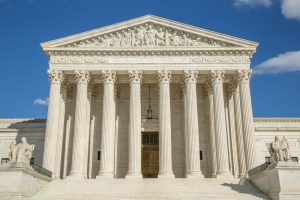

Supreme Court May Decide if Removal of Religious Vaccine Exemptions Violates the First Amendment in Connecticut Case
Written by Steven O’Conner, JD, Staff Attorney NHFA & NHFC

Written by Steven O’Conner, JD, Staff Attorney NHFA & NHFC
National Health Freedom Action. All Rights Reserved.